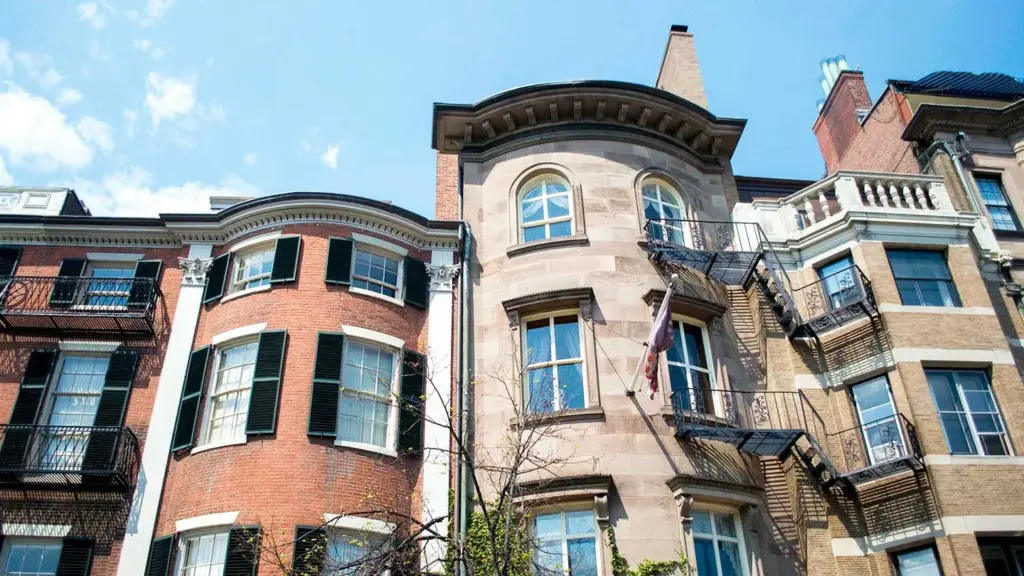Most people will use the services of a real estate agent at some point in their lives to purchase or sell a house. Because of the several processes involved in a real estate transaction, licensed agents are valuable members of the industry.
In this post, we will explore how much real estate agents make and how they earn it, as well as offer advice on how to pursue a career as a real estate agent.
How Much Does a Real Estate Agent Make?
Real estate agents in the United States earn an average annual compensation of $100,351. The average monthly salary is $6,658. Real estate agents are compensated by commissions given directly to brokers upon the successful completion of house deals.
The normal commission is 5% to 6% of the home’s listing price, though this figure might vary between 1% and 10% depending on the exact agreement.

How Do Real Estate Brokers Make Money?
Because the majority of real estate agents make money after the sale of a home, their commission is determined by the number of residences they sell. Most real estate agents are paid through a listing agreement signed by both the seller and the listing agent.
A real estate agent’s performance is mostly determined by their efforts, but as small company owners, they must also consider some criteria when projecting their prospective income for the year:
1. Number of Completed Home Sales
The more homes real estate salespeople sell, the more money they earn. Commission-based revenue is contingent on the completion of a sale, therefore sealing the contract is a necessary step in making money as an agent. Most agents sell between four and six properties each year.
2. Years of Real Estate Agent Experience
Building a business requires a significant amount of effort and dedication, and expanding an agent’s clientele is no exception. Agents with decades of experience have obtained important insight into the real estate industry, as well as years of expertise that has resulted in profitable habits. With each transaction, you’ll discover which approaches perform best and how to deal with various scenarios.
3. Professional Network Connections
Real estate agents that have a large network of professional contacts and former clients will continue to benefit from their relationships. Word of mouth can be one of the most valuable strategies to generate business, yet it costs the agent nothing.
Agents that strive to have pleasant and meaningful interactions with their contacts in the real estate industry will keep their businesses growing. New agents and those who are less active in networking will have fewer connections, resulting in less opportunities for new business.
4. Business Costs
In addition to organic marketing through word of mouth, real estate brokers frequently need to pay money to advertise their services or for continuing education. These expenses include digital advertising, billboards, and park bench advertisements, as well as company expenses such as internet and cellphone fees, office supplies, gas, and client lunches.
5. Broking Fees
Because real estate agents must work under a broking firm, all transactions and commissions are paid directly to the broker, who shares the commission with all agents participating in the sale. A typical commission split pays the agent 60% and the broker 40%. Of course, alternative agreements may include percentages such as 50/50, 70/30, and so forth. Some broking firms may charge a marketing fee as well.
6. Area of Opportunity
Agents working in major cities such as New York City and Los Angeles have the potential to earn more than those working in smaller or more rural areas.
For example, if a real estate agent advertises a home in a premium neighbourhood with an average listing price of $500,000 rather than $200,000, the agent can expect to earn a greater commission on the transaction. Of course, living in a lively neighbourhood sometimes means paying a higher cost of living.







